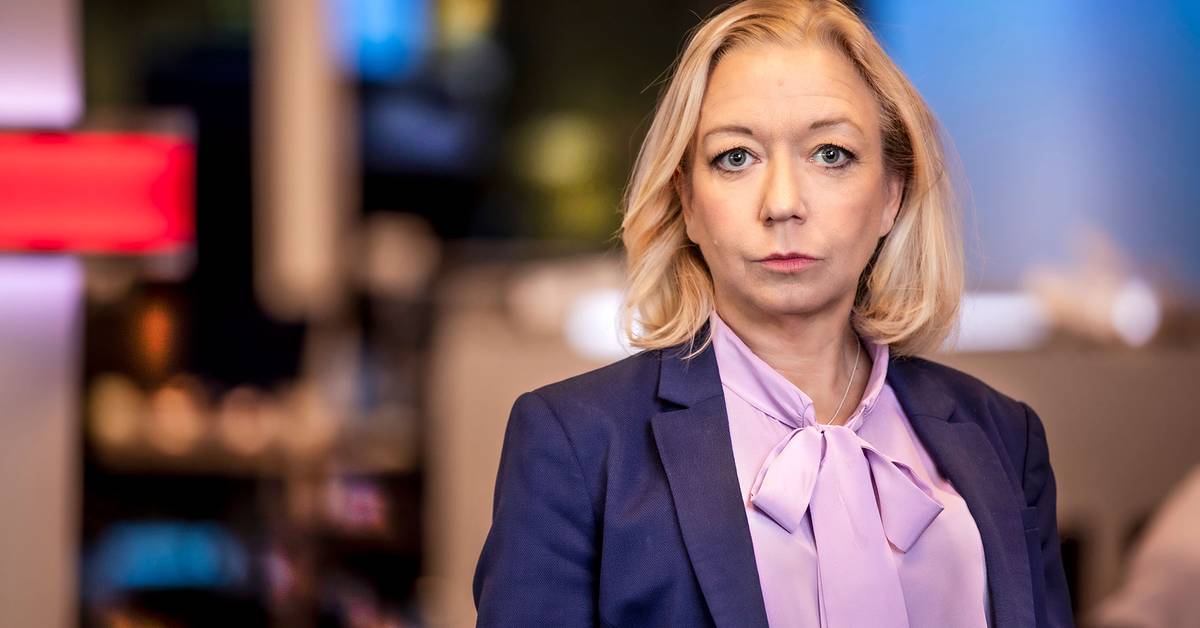After keeping a low profile since the formation of the government, Jimmie Åkesson (SD) has this week made a media comeback.
Interviews in several major daily newspapers, tours of the party districts and accountability hearings on both SVT and Swedish Radio. That it is a response to the falling opinion poll numbers would be to take in, but some SD strategists explain the loss precisely by the fact that the party leader limited his media appearances.
It is a simplified analysis. The decline is also linked to one of the main issues of tonight's 30 minutes – namely the very modest fall in fuel prices. For the SD, the election promise of a rapid reduction in the price of diesel by ten kronor was a contributing factor to the success in rural areas. This is also reflected in the fact that 56 percent of SD voters saw their own wallet as crucial to the party election, a higher proportion than any other party.
Prioritizing reduced fuel taxes
Therefore, it is obvious that Jimmie Åkesson (SD) insists that the implemented price reduction is only the beginning. The Tidö parties agree that the reduction obligation should be reduced, how much is under negotiation. But already the SD leader is preparing for a level of 5-6 percent by referring to the fact that this is what the party went to the election on. This was also the figure that the government defined last autumn as the EU's minimum level.
In addition, the Sweden Democrats are prioritising further reduced fuel taxes in the negotiations on next year's budget. For the SD, this is considerably more of a priority than reduced income taxes.
The fact that the measures increase emissions further is of secondary importance for a party that has never supported the climate goals. And who have the ambition to make the climate a new "people-versus-elite" issue. In other words, an issue where the SD wants to capture what it perceives as popular dissatisfaction with the establishment consensus, just as it did in migration policy.
This includes warning against climate alarmism and going against the prevailing view that we are in a climate crisis.
Downplays tensions
Taking that position can also serve as a response to the difficult balancing act between being part of government but still trying to hold on to the identity of an anti-establishment party. It is a tricky maneuver where Jimmie Åkesson (SD) still seems to be searching for the right tone. While other leading representatives issue ultimatums and threaten a government crisis, the SD leader downplays the tensions in the Tidö cooperation. And adapts the rhetoric to the context. In an interview with Aftonbladet this morning, the message was that SD would try to stop new large-scale wind power.
For 30 minutes, which was recorded after a meeting with the other party leaders, the SD leader instead emphasized that he has nothing in principle against wind power. And when it came to the long-term climate goals for 2045, Åkesson suddenly seemed to be on board.
How the SD chooses to navigate in its new position will be crucial for the opinion poll figures going forward. And for the possibility of achieving the stated goal of ministerial posts by 2026.
Javascript is disabled
Javascript must be turned on to play video
Learn more about browser support
See Sweden Democrats party leader Jimmie Åkesson in "30 miniuter".

